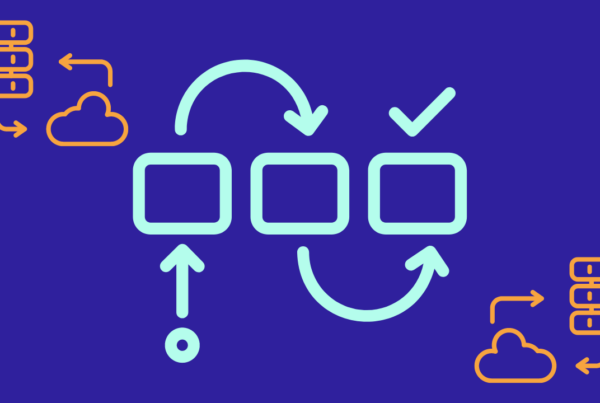Outsourcing is the best way for lawyers to delegate work because it leads to maximum freedom.
When you can have work done by people you don’t even have to manage, that’s freedom. And when you don’t have to worry about payroll taxes or benefits, that’s even better.
But while outsourcing has amazing benefits, there are some common traps that lawyers fall into.
Broadly speaking, there are four categories of outsourced work.
- Specialized work that has to be done on an ongoing basis (e.g., receptionists or bookkeepers)
- Specialized work that only needs to be done from time to time or on a one-off basis (e.g., website design or transcribing dictation)
- General work that you want to be done on a part-time ongoing basis (e.g., an executive assistant who handles your scheduling and email)
- General work is so plentiful that you need a full-time assistant to handle it on an ongoing basis.
Many lawyers don’t need a full-time assistant, and they figure that they can choose category #3 and get a virtual assistant to handle various tasks.
But they don’t realize (until after they engage a VA service to provide someone in category #3) that this is the hardest kind of outsourcing to succeed with.
Let’s zero in on why that’s true. But let’s also talk about why the other categories are so much easier to succeed with.
So, let’s examine the categories in detail.
1. Specialized Ongoing Work
This is where you pay a monthly subscription to a company to ensure that some specialized task like answering phones or doing bookkeeping gets done at a high level. If someone working for the service doesn’t do their job well enough, the service figures it out and replaces them.
If a VA they hire gets sick or takes a vacation, the service can plug in a high-level replacement from the talent pool they already have.
If a VA quits or dies, they replace them quickly, and you barely notice, if you notice at all.
Plugging in to use these kinds of specialized services will always work, and the company will dictate the onboarding process.
You don’t have to find the right person, nor do you have to train them. You just pay the subscription fee, and the work gets done no matter what.
This is Nirvana, right?
Yes, it is. So you should be looking to use subscription-based outsourcing for any specialized tasks you can (i.e., ones that make sense in your situation).
For most lawyers, receptionists and bookkeepers are two obvious areas to outsource using a subscription-based service.
2. Specialized One-Off Work
Sometimes you need specialty work done, but just once. Or maybe just a few times, sporadically.
An example of this would be putting up a website (although if you’re serious about using your website to market online, you will need ongoing specialized work).
Transcription work can be the kind of work you only need once in a while. SpeakWrite is a good option if you need this kind of outsourcing.
And if you need other kinds of specialized one-off work, check out Fiverr, FancyHands, and Upwork.
Some specialized work is easy to find someone to do (e.g. Fiverr, FancyHands). And sometimes it’s more challenging (e.g. Upwork)
If you need legal work done, check out this blog post about those kinds of options.
3. General Work Done on an Ongoing Basis
This one seems to trip up a lot of people, but it shouldn’t. At least not anymore.
You can easily hire an executive assistant VA through a service like Chatterboss (which I have used and highly recommend)
Before you do, you should make a long list of all the things you don’t like doing or want to stop doing because you’d like someone else to handle them for you.
Then, schedule a free call with the folks at Chatterboss to find out how they can help you (or order this book by the founder to better understand how you can take advantage of delegation through outsourcing)
Bottom Line
You must practice delegation, and outsourcing is the best way to improve. And the best place to start is with a low-cost outsourcing service like FancyHands.
P.S. Get the Smart Lawyers Tech Guide.







